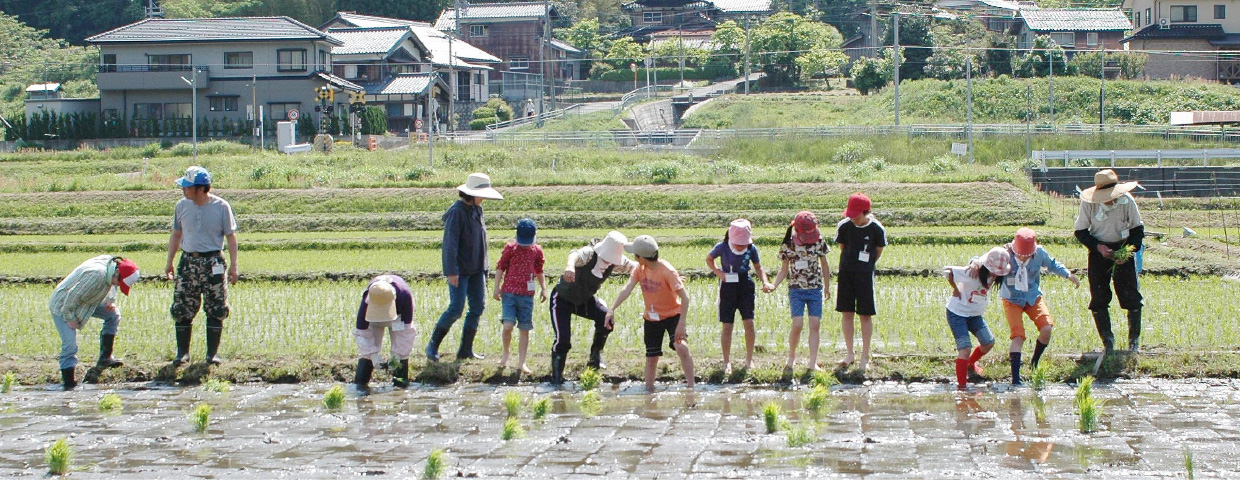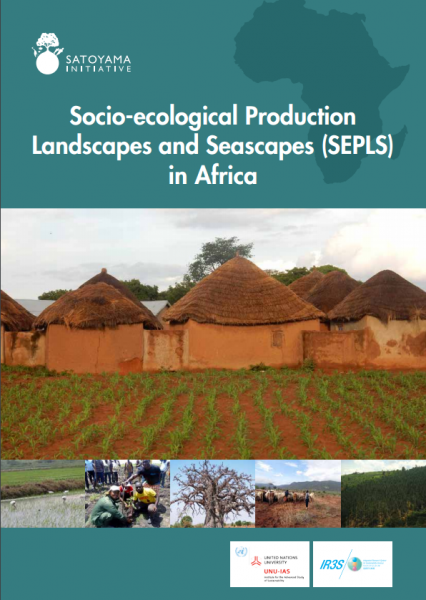A new publication titled “Socio-ecological production landscapes and seascapes (SEPLS) in Africa” was recently published jointly by the United Nations University Institute for the Advanced Study of Sustainability (UNU-IAS) and the University of Tokyo’s Integrated Research System for Sustainability Science (IR3S/UTIAS). This publication is a compilation of 12 SEPLS-related case studies from six African countries – Benin, Cameroon, Ethiopia, Ghana, Kenya and Uganda – building on the Satoyama Initiative Regional Workshop in Africa, which was held in Accra, Ghana from 10 to 12 August 2015.
This compilation aims at contributing knowledge and understanding on SEPLS in Africa, with a particular focus on their role in human well-being and sustainable development. Discussions in the publication centers on common issues relating to the status of, trends in, and threats facing SEPLS and what needs to be done to revitalize, conserve and ensure their sustainable management. The case studies are written in a descriptive manner to provide readers with concise, informative and easily understandable information.
The intended audience for this publication is potentially very large among both academic and non-academic communities, including policy makers in various government agencies, UN and intergovernmental organizations, natural resource managers, local leaders and practitioners. The publication is expected to have relatively broad public appeal among any concerned with sustainable development in Africa and beyond.
The publication will be launched during a side event at the Sixth Tokyo International Conference on African Development (TICAD VI) on 25 August 2016, organized by the United Nations University, the University of Nairobi, The University of Tokyo and Kenyatta University.
“SEPLS in Africa” is available for download from the IPSI website here.




